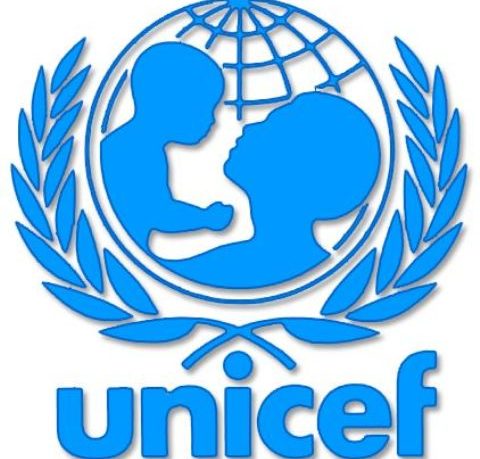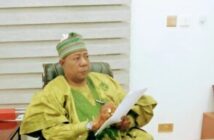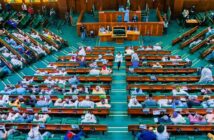The United Nations Children’s Fund (UNICEF) in collaboration with the Kano State Government has inaugurated a 30-man Technical Working Group (TWG) to develop a Social Protection policy.
The Social Protection Policy was to drive the design and implementation of policies and programmes to tackle issues of poverty and vulnerability in the state.
UNICEF Social Policy Specialist, Ramatu Budah, said during the inaugural meeting of the TWG on Sunday in Kano that the move to reverse the poverty and vulnerability index became imperative for the Fund.
“Because the duo are critical factors that must be addressed if it must make any positive impact and desired change in the developmental indices of the state.
“This was coming on the heels of a report, 2017 global multidimensional poverty index which indicates that about 76.4 per cent of the population of Kano State are living in poverty.” she said.
Budah said the move will address issues of financial barriers that stopped the people from accessing basic services, like access to health care, food, education and shelter, among others.
According to her, “For us in UNICEF, poverty and vulnerability are critical areas that must be addressed if we are to really change the developmental indices in the state.
“In view of this, we have supported Kano state government launched the social protection policy development process and have set up a 30-man Technical Working Group who will drive the development of the policy in the state.
“It is being due for some time now and we have been looking forward to this process for long. The social protection policy is a national policy which was adopted in 2017 by the Federal government and it is expected that all states should do the same.
“And why is it important, is that the policy will drive the programme design and implementation of government’s programme around poverty and vulnerability issues that concern people at the community level.
She explained that it is basically a significant event for UNICEF, because it signifies government commitment to providing resources and ensuring that there is a strategic approach to addressing issues around poverty and vulnerability.
She said there was need, looking at critically financial barriers that stopped people from accessing basic services like access to health care, food, education, shelter among others to see how to remove such barriers.
“Like I said, it is significantly important for us as UNICEF due to the poverty index in Kano. And we know that whatever we do, if we don’t address the big challenge of poverty, you cannot meet the basic developmental indices in the state.
“There is high level of multidimensional poverty where children face different negative outcomes because their parents can not either afford even to feed them from the point of conception.
“The quality of food a mother eats is important but if she can not afford it or have access to it, it is a problem. So all the way to the time a child reaches the age of going to school and can not even access the school and also pay transport to the school.
“Issues around healthcare, out of pocket expenditure, parents can pay certain amounts of money just for the child to have basic healthcare,” She stated.
Earlier in his welcome address, the Director Planning, Kano State Ministry of Planning and Budget, Mukhtar Yakasai said that the state government will continue to do its best to see to the reduction of poverty and protection of vulnerable groups from shocks that may arise from social insecurity.
According to him, especially throughout the life cycle of an individual and vulnerabilities caused by disabilities, accidents and disaster among others.
Yakasai commended the development partners such as UNICEF and Action Against Hunger for their untiring efforts to support the State.
News Agency of Nigeria (NAN) reports that the 30-man TWG has the composition of all relevant Ministries, Departments and Agencies, (MDA)s, State House of Assembly, Development partners, Civil Society Organisations (CSOs) and the Media.
The group has a timeline of three months to facilitate the development of the policy which will involve critical consultations with stakeholders and assessment of documents and data on poverty in the state.




